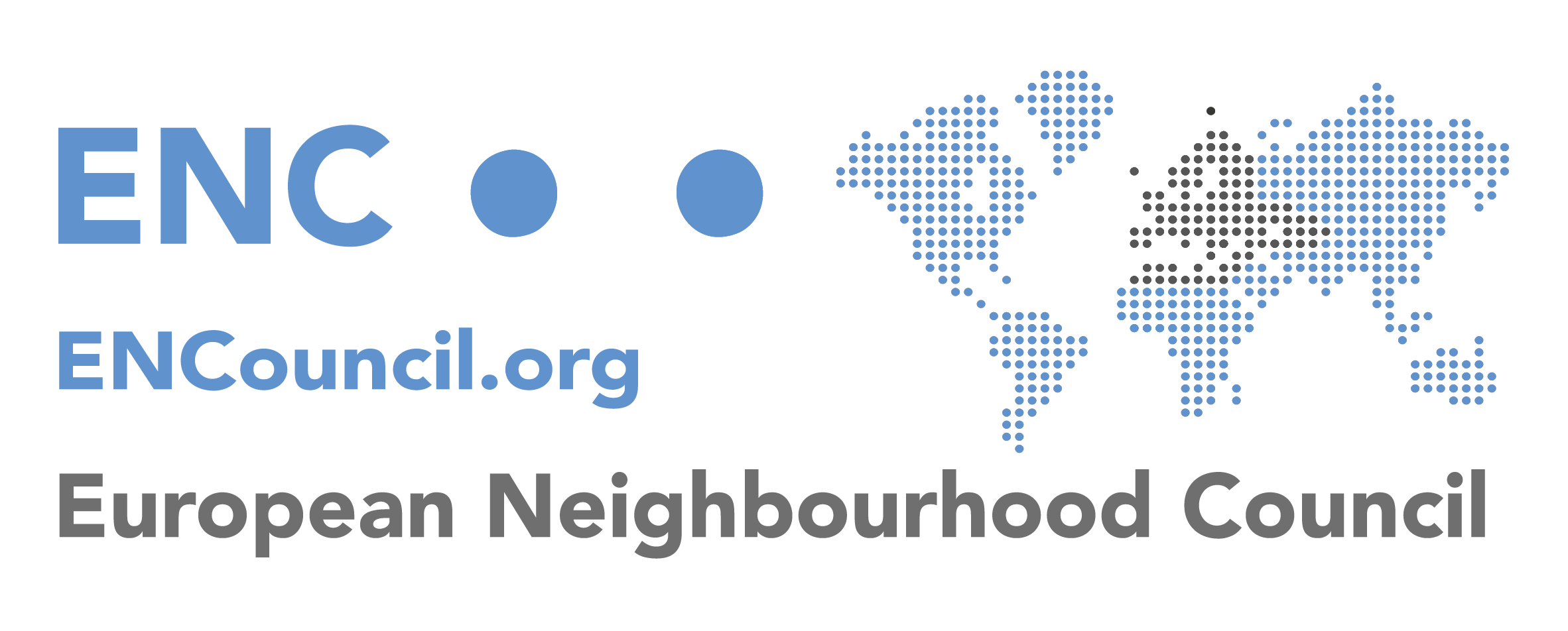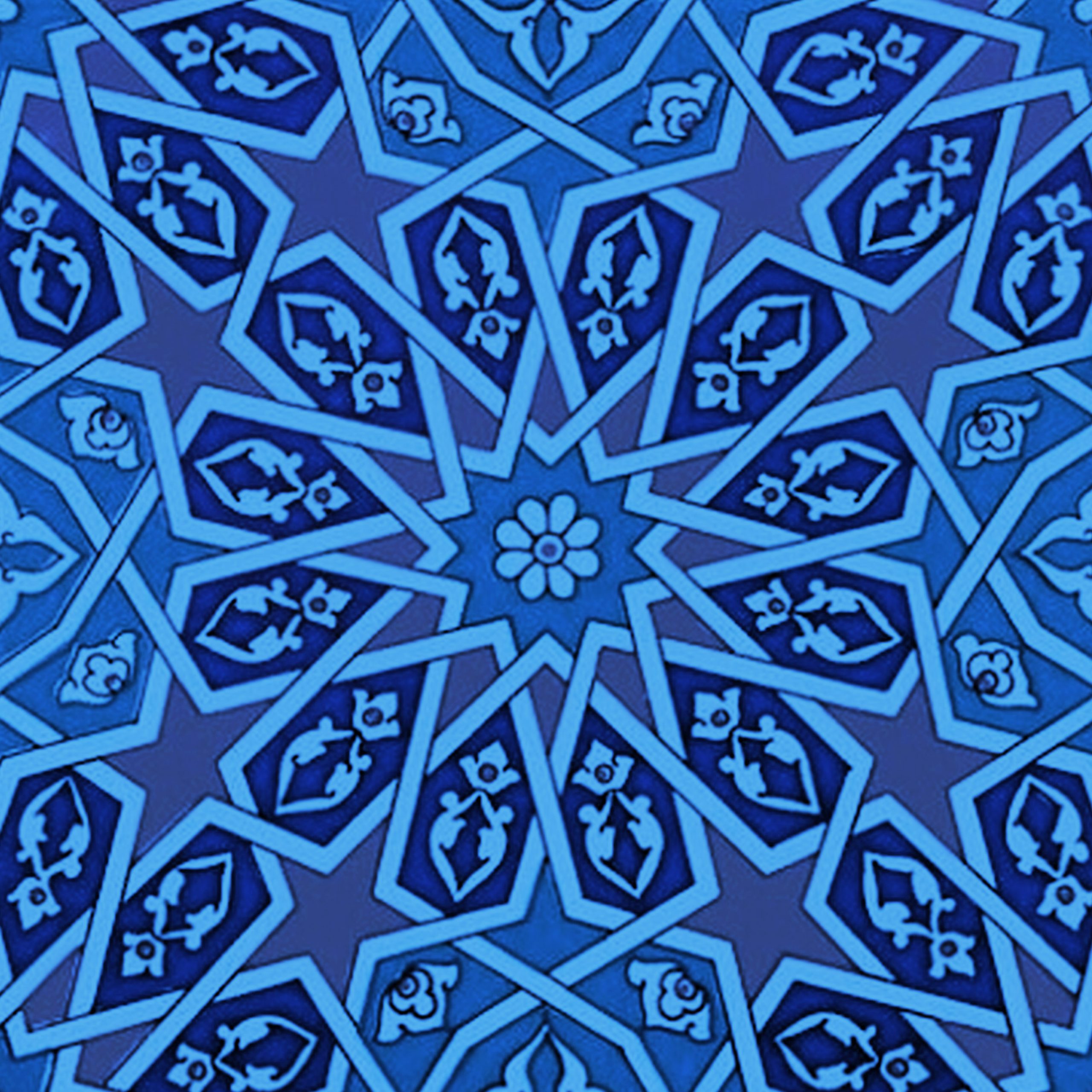Online Fellowship Training Programme: Strengthening resilience to radicalisation and disinformation in Central Asia
The European Neighbourhood Council (ENC), in cooperation with Internews, organised a one-week online fellowship training programme from 26 to 30 of October 2020, dedicated to “Strengthening resilience to radicalisation and disinformation in Central Asia”.
The Phase II of this project is funded by the European Union (EU) and implemented by Internews as a follow-up intervention which builds on lessons learned from the previous project “Contributing to stability and peace in Central Asia through media literacy, improved reporting and regional cooperation” (Phase I).
The 18-month long project places an emphasis on strengthening citizens’ capacity in countering violent extremist narratives and disinformation campaigns that lead to radicalisation through supporting media, civil society organisations (CSO), government institutions, religious leaders and active citizens in Kazakhstan, the Kyrgyz Republic, Tajikistan, Turkmenistan, and Uzbekistan.
The trainings involved a wide range of speakers, such as representatives of EU institutions and experts dealing with Central Asia and media studies, all from different backgrounds, who shared their expertise with the 30 Central Asian fellows who participated in the sessions, debating the most pressings issues for journalists and civil society representatives working across the region.
The fellows started their week with an introductory session by Samuel Doveri Vesterbye, ENC Managing Director, on how the EU works, namely foreign policy and inter-institutional cooperation. Andreas Marazis, ENC Head of Research for Eastern Europe & Central Asia, followed by discussing EU-Central Asia Relations with the fellows. The first day of training continued with Jana Weber from Friedrich Naumann Foundation Brussels who outlined the main points on how EU Advocacy works. The first day was concluded with an exchange of views with EU official, Claes Andersson, who focused on how the Instrument contributing to Stability and Peace (IcSP) and how the instrument fits into the new Neighbourhood, Development and International Cooperation Instrument (NDICI).
Throughout the rest of the week the fellows had the chance to exchange views on media ethics and the role of journalism in preventing violent extremism and radicalisation. The fellows listened to the insignts of Aidan White, founder of the Ethical Journalism Network, Jack Parrock, journalist from Euronews, Vitalba Crivello from the European Parliament Research Service European Science Media Hub, and from Nafisa Hasanova from Reporters Without Borders, who provided interesting views on the different ethical conflicts and difficulties that journalists face when dealing with complex and sensitive topics, media owernership concentration and the disinformation “epidemic”.
The group also had the opportunity to learn more about different ways to access funding for Civil Society Organisations (CSOs), namely from a top grant-giving organisation supported by EU member-states, the European Endowment for Democracy (EED) with Kristina Vaiciunaite, expert working with the Eurasia Programme and Vittoria Zanellati, Programme Officer at the European Partnership for Democracy . The speakers offered an overview on how to sucessfully apply for projects in the region and best practises on local media associations of journalists, among other things.
The last training session featured insights from Karin Heremans, an expert on radicalisation and is the leader of the education working group at the Radicalisation Awareness Network (RAN), a European Commission initiative that brings together practitioners from across Europe who aim to prevent extremism, who briefed fellows on the European Commission current main guidelines on how to deal with radicalisation, through education, prevention and an hollistic local community approach.
The fellowship week was concluded with a public online round-table discussion dedicated to “Terrorist groups’ violent narratives and their growing traction among local populations: Lessons from Italy, Western Balkans & Central Asia” which was organised by the European Neighbourhood Council (ENC) in Brussels, in cooperation with Internews Central Asia’s office in Bishkek and the European Foundation for Democracy (EFD) and provided a stage for PVE experts from Europe and Central Asia to share findings from their latest research projects and effective practices in countering violent extremist narratives.


